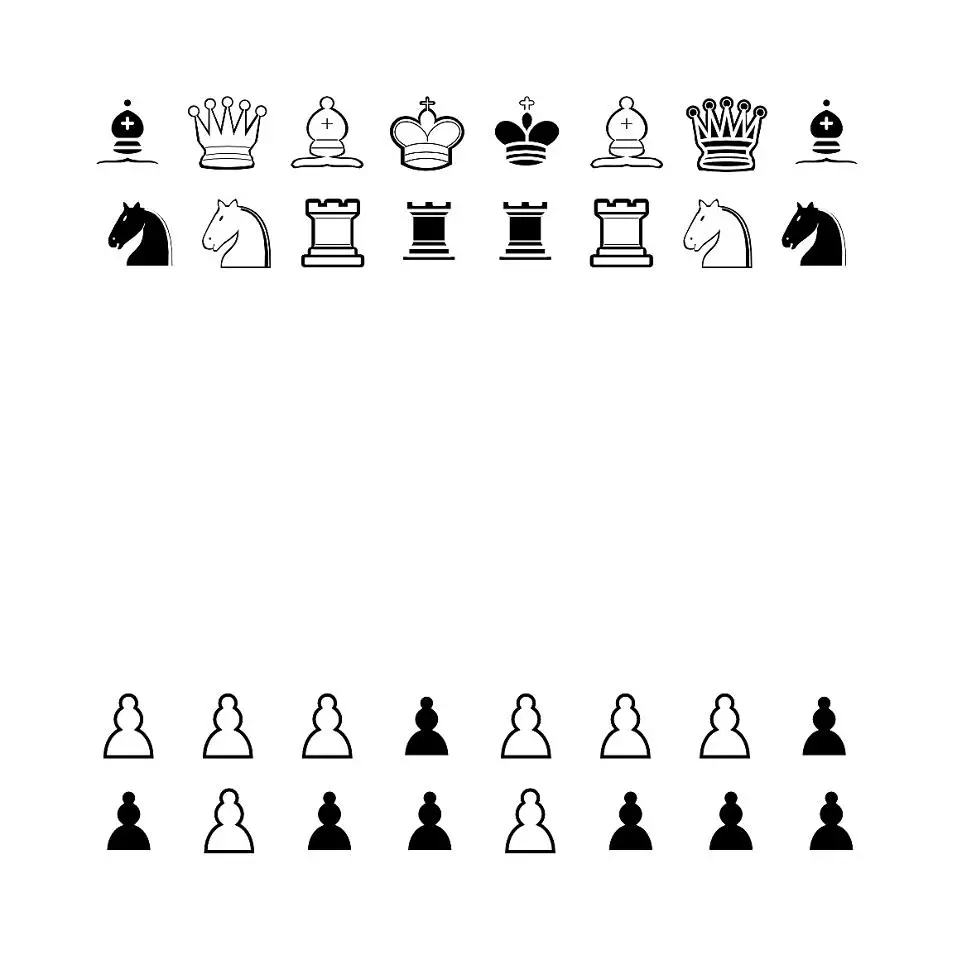I hope the “this’ll learn you” is intentional
From Merriam-Webster:
Learn in the sense of “teach” dates from the 13th century and was standard until at least the early 19th.
made them drunk with true Hollands—and then learned them the art of making bargains — Washington Irving
But by Mark Twain’s time it was receding to a speech form associated chiefly with the less educated.
never done nothing for three months but set in his back yard and learn that frog to jump — Mark Twain
The present-day status of learn has not risen. This use persists in speech, but in writing it appears mainly in the representation of such speech or its deliberate imitation for effect.
I grew up near the Appalachian segment of the USA southeast. This was an oft repeated phrase then.
I did not even think about it while I read the comic. But methinks it’s going away in style. Everyone speaks high English here.
I’m not a native English speaker, but I’ve heard this phrase ok once, from Nina Simone’s interpretation of Pirate Jenny and so I never questioned it. Just for being in that song, I’d concur that it’s definitely going away in style.
Yea, I see it as a world wide trend in many languages: the dialects are going away
This comment makes me realize I might’ve misunderstood the one I was replying too. I believed “going away in style” meant “going away in a stylish manner”. Like, it’s fading from use, but since a while and until it disappears it’s become a fancy phrase. Now I guess it just means it’s fading from use. But the point I was trying to make is that I believe that, because Nina Simone used it, it’s now a stylish phrase even if it wasn’t before.
There are many cool terms and phrases just waiting to be spoken and written again. But yes
Also apparently this particular op phrase lives on in some areas, going by that uk comment
Some languages use the same verb for learning and teaching. People that have those languages as primary language will often use learn in place of teach when producing English.
That’s still a normal thing to say in the UK :)

I made a little re-edit to send to a friend, hope the original artist is okay with that <3
Is your friend fartphobic?
She sure learned him!
thought, like borrow, is difficult to process for multilinguals who are used to languages that may use the same term for both
The strange thing is, it’s vaguely possible that “learn” in the sense of “teach” might have been hanging around in dialects of English since the similarly sounding word “leren” was still in use. “Leren” sounds an awful lot like “learn” but is completely unrelated and actually does mean “(to) teach”.
Modern Dutch still uses “leren” this way. It’s even spelled the same which is kind of rare.
she hit him in the eye




